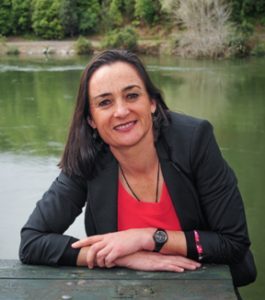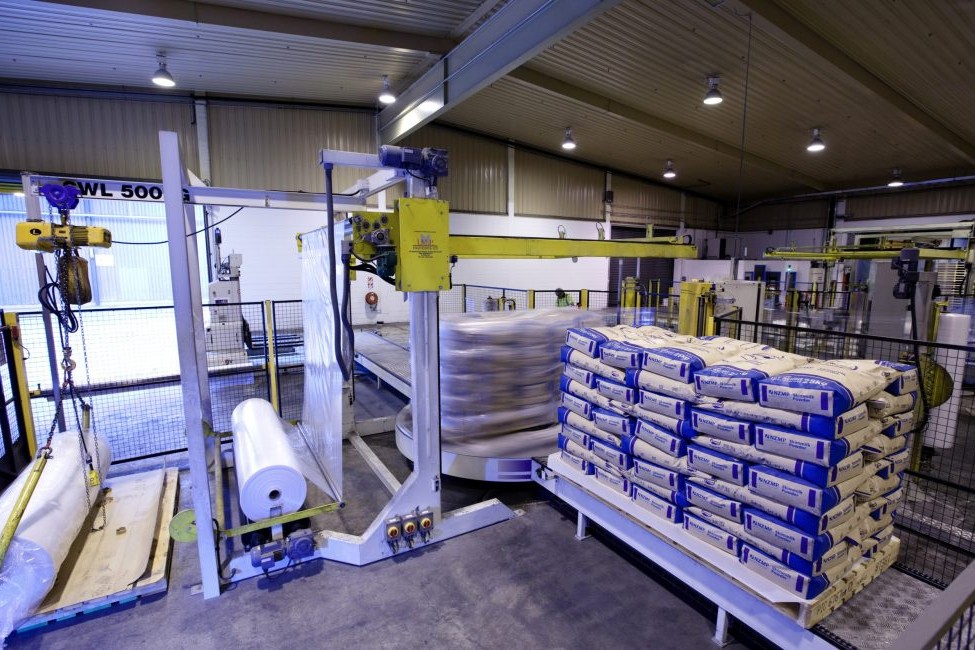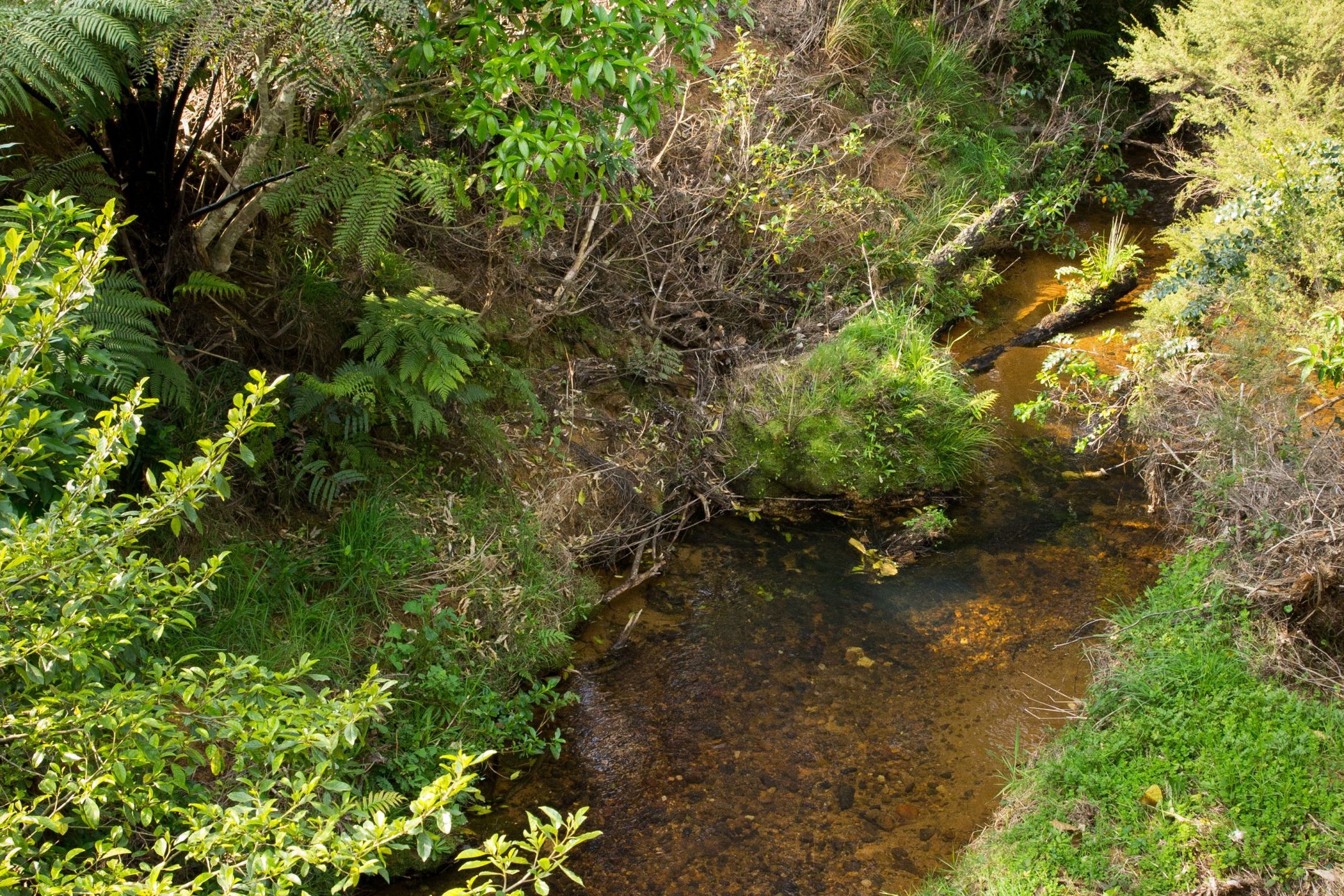Alison Dewes
I am lucky to work with great farmers, many of whom are leaders because they have chosen to do things differently. From now till 2020 will be a time of rapid change for the pastoral sector. Not just for dairying, but the supporting agribusiness sectors.

Pressure is being applied on resource use (water), nutrient loading and greenhouse gas emissions.
The positive thing is that these pressures haven’t really affected – until now.
A rapid shift has begun and, for some, changing up to more-efficient and environmentally sustainable practices will be seamless and filled with opportunity.
Those farmers already managing nitrogen loss in their systems will likely be on the front foot and able to contribute to our nation’s gas emission reduction. But for others it will be an overwhelming process and they will require assistance to effect change.
In 2013-15 I did my masters study with a group of 25 leading farmers who wanted to understand if farming systems could be designed to be profitable at a range of milk prices while carrying the lowest footprint (environmental impact) possible.
After four years of sharing full financial and environmental information we collectively discovered farming resilience and bottom line profits were directly proportional to fewer cows per hectare, better-fed cows all year round, lower wastage rates and elimination of complex feeding regimes previously implemented to fill feed gaps resulting from too many cows. This knowledge was vital to sustaining a future-focused bottom line that is equally built on economic, social and environmental sustainability. It prepared them to take a lead in the healthy rivers plan now in operation in Waikato.
The lower nutrient footprint will be business-as-usual soon. Fewer, healthier cows, feeding on deep-rooting, nutrient-dense forages and farmers being far more strategic with fertiliser use and less reliant on winter cropping, or “imported” products like palm kernel.
One key feature of these leading farmers (with 40% lower N leaching, 15% less greenhouse gases, and 30% more profit than average) was that they had a keen eye for their stock health and wellbeing.
They fed their dry and transition cows better than average and made sure as many cows as possible calved at a body condition score of 5.
The top performers achieved high levels of milksolids per cow (90% of bodyweight) and not bringing extra feed in (<15% supplement). They were more profitable at a range of milk prices, from $4.50 to $6.50.
As Colin Guyton said at the end of our study – “it is not the good years that make you, it is the tough years that break you”.
He is right, since that study was done, we have had three years of pretty average payouts, difficult weather and more scrutiny. Resilience is the survival key.
Knowing your business health, your footprint and your risk profile is critical to becoming resilient to shocks. Out of this NZ can grow a great story.
The lower nutrient footprint will be business-as-usual soon. Fewer, healthier cows, feeding on deep-rooting, nutrient-dense forages and farmers being far more strategic with fertiliser use and less reliant on winter cropping, or “imported” products like palm kernel.
NZ can and will get through this crisis and stay profitable as the new generation of farmers lead the pastoral sector down a new, more economically sustainable path.
The challenge through to 2020 and beyond, will be grappling with the volatility of climate and rules, charges and a global market seeking more environmental accountability from NZ’s farming practice, built on selling premium, free-range, source-focused sustainable products.
For the last five years, I have wondered why we can’t have the vision to be the best farmers market for the global village.
How do we tell a great story, beginning inside our farm gate? One built on the deep relationship between human endeavour and our unique biodiversity? One that captures the cross-generational understanding of waterway, soil and biodiversity replenishment? A story uniquely NZ for which a global market is willing to pay a premium, knowing the environment, animal wellbeing and production are aligned and underpin great businesses?
Some farmers are already on this pathway and leading this change. The Maori essence of wellbeing and science is a critical factor underpinning our national identity, not least our farming origin story. It speaks to a deep history of sustainability and trans-Pacific entrepreneurship based on sound environmental principles. Integration of Maori values, sensitively branded, will assist differentiating our primary export sector as it reaches for a share of the fast-evolving global market based on sustainability.
Most of our farmers already know what is in store from a compliance perspective, but from the markets’ perspective, our biggest opportunity is to ensure we differentiate ourselves in a unique and authentic way, so we are untouchable on the world food stage.
To do this, we will need the courage to embrace diversity, innovation, leadership and empowerment.
- Alison Dewes is a fourth-generation dairy farmer, second-generation vet and ecologist. She will be writing a monthly column for the NZ Dairy Exporter magazine.





